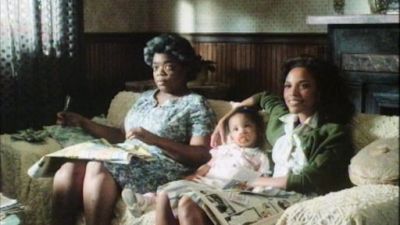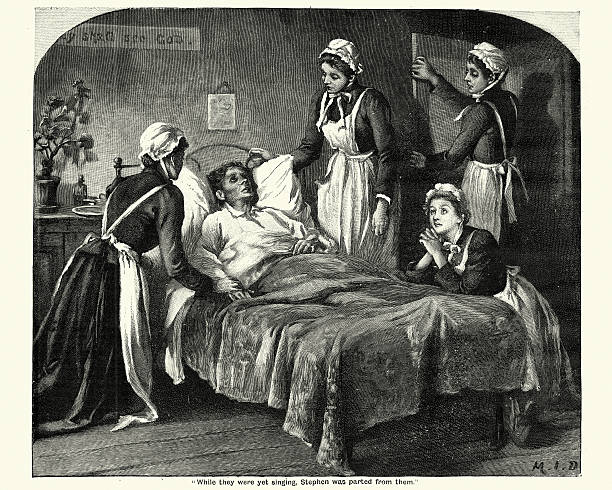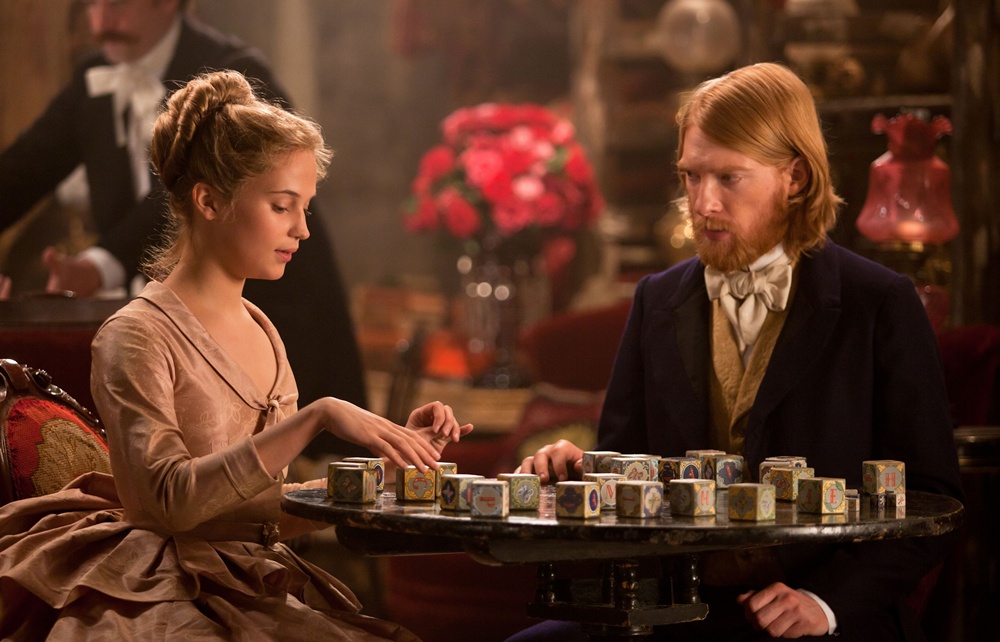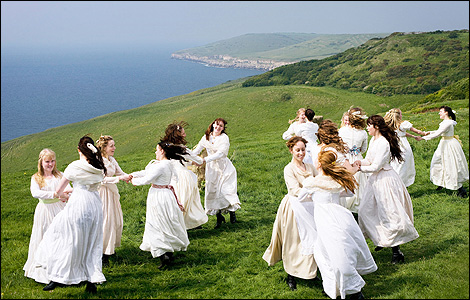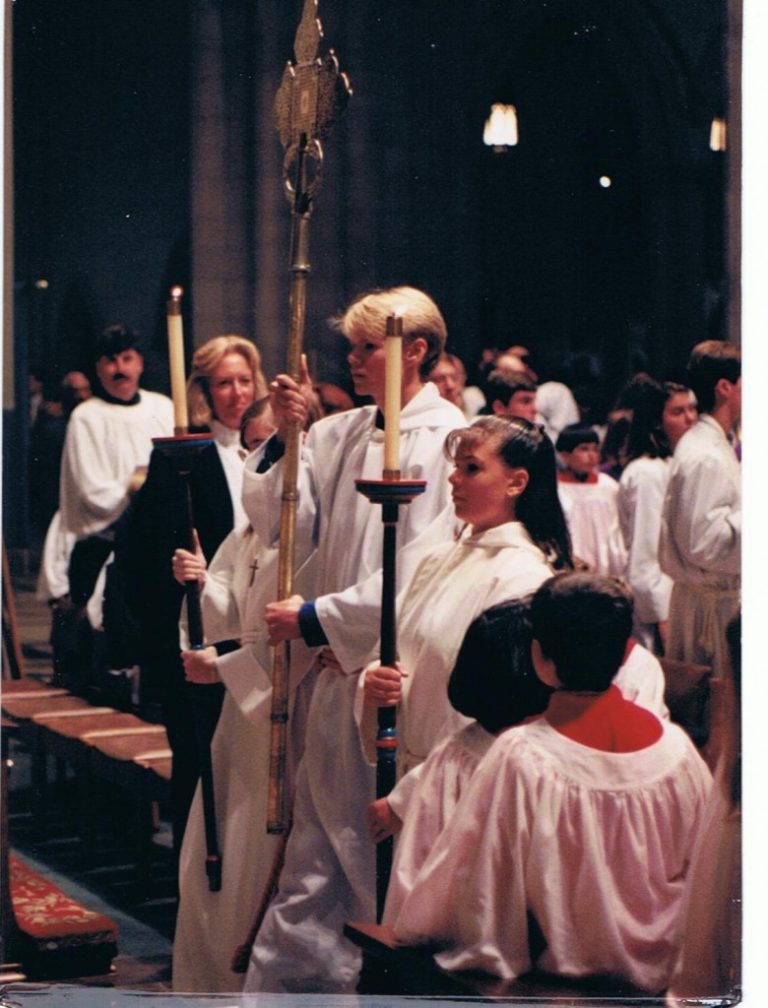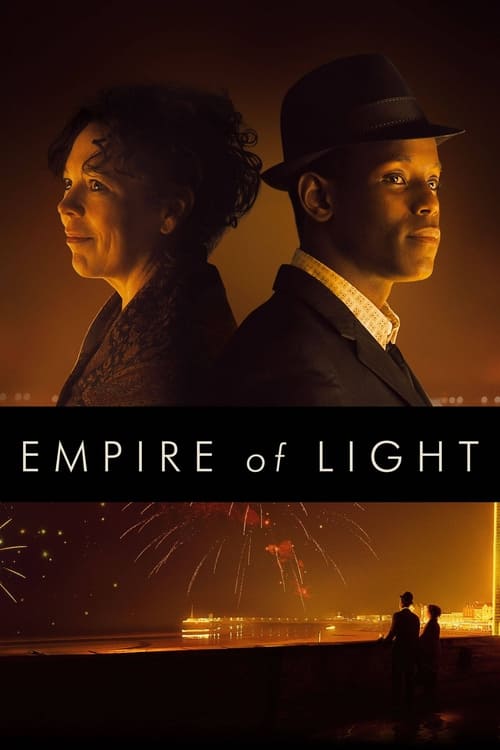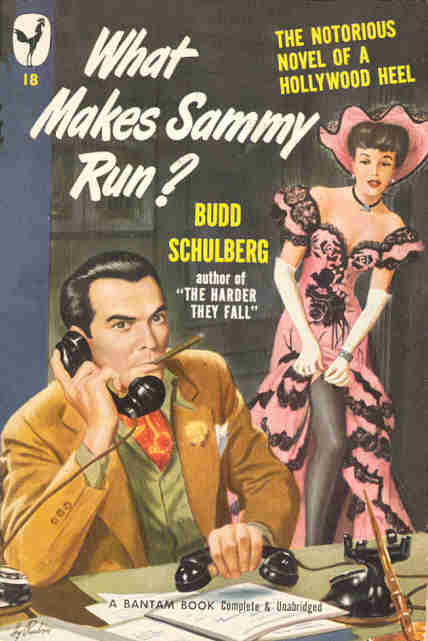Note: If you wish to receive, via e-mail, (1) my weekly newsletter or (2) daily copies of these posts, notify me at [email protected] and indicate which you would like. I promise not to share your e-mail address with anyone. To unsubscribe, send me a follow-up email.
Spiritual Sunday
For some reason, I recently experienced the urge to reread the Francis Hodgson Burnett novels that played a key role in my childhood. My ranking has changed so that Little Lord Fauntleroy has fallen from first to third, but The Secret Garden and A Little Princess still hold me in their magic the way they did then.
The secret garden that Mary discovers works as a metaphor for the soul, and the central theme of the book is characters reconnecting with that part of themselves that they have lost touch with. The drama is captured through images of spring growth, which the children call Magic:
They always called it Magic and indeed it seemed like it in the months that followed—the wonderful months—the radiant months—the amazing ones. Oh! the things which happened in that garden! If you have never had a garden, you cannot understand, and if you have had a garden you will know that it would take a whole book to describe all that came to pass there. At first it seemed that green things would never cease pushing their way through the earth, in the grass, in the beds, even in the crevices of the walls. Then the green things began to show buds and the buds began to unfurl and show color, every shade of blue, every shade of purple, every tint and hue of crimson.
And:
The seeds Dickon and Mary had planted grew as if fairies had tended them. Satiny poppies of all tints danced in the breeze by the score, gaily defying flowers which had lived in the garden for years and which it might be confessed seemed rather to wonder how such new people had got there. And the roses—the roses! Rising out of the grass, tangled round the sun-dial, wreathing the tree trunks and hanging from their branches, climbing up the walls and spreading over them with long garlands falling in cascades—they came alive day by day, hour by hour. Fair fresh leaves, and buds—and buds—tiny at first but swelling and working Magic until they burst and uncurled into cups of scent delicately spilling themselves over their brims and filling the garden air.
As Dylan Thomas puts it, “The force that through the green fuse drives the flower/ Drives my green age.”
This magic works not only on the children but on the heartsore owner of the estate, who flees from the garden after his wife is killed by a falling tree limb. Following ten years of empty wandering in a spiritual desert, however, he experiences a Wordsworthian connection with nature that transforms him. It occurs when he is walking in the Austrian Alps and settles upon a carpet of moss by a stream. What Wordsworth describes in Tintern Abbey happens to Archibald Craven as he gazes at the stream and the birds that “come and dip their heads to drink in it and then flick their wings and fly away.” In Wordsworth’s case, the poet is visited by a “blessed mood”
In which the burthen of the mystery,
In which the heavy and the weary weight
Of all this unintelligible world,
Is lightened:—that serene and blessed mood,
In which the affections gently lead us on,—
Until, the breath of this corporeal frame
And even the motion of our human blood
Almost suspended, we are laid asleep
In body, and become a living soul:
While with an eye made quiet by the power
Of harmony, and the deep power of joy,
We see into the life of things.
Burnett writes:
As he sat gazing into the clear running of the water, Archibald Craven gradually felt his mind and body both grow quiet, as quiet as the valley itself. He wondered if he were going to sleep, but he was not. He sat and gazed at the sunlit water and his eyes began to see things growing at its edge. There was one lovely mass of blue forget-me-nots growing so close to the stream that its leaves were wet and at these he found himself looking as he remembered he had looked at such things years ago. He was actually thinking tenderly how lovely it was and what wonders of blue its hundreds of little blossoms were. He did not know that just that simple thought was slowly filling his mind—filling and filling it until other things were softly pushed aside. It was as if a sweet clear spring had begun to rise in a stagnant pool and had risen and risen until at last it swept the dark water away. But of course he did not think of this himself. He only knew that the valley seemed to grow quieter and quieter as he sat and stared at the bright delicate blueness. He did not know how long he sat there or what was happening to him, but at last he moved as if he were awakening and he got up slowly and stood on the moss carpet, drawing a long, deep, soft breath and wondering at himself. Something seemed to have been unbound and released in him, very quietly.
“What is it?” he said, almost in a whisper, and he passed his hand over his forehead. “I almost feel as if—I were alive!”
The focus on the forget-me-nots also brings to mind the concluding lines of Wordsworth’s Intimations of Immortality:
Thanks to the human heart by which we live,
Thanks to its tenderness, its joys, and fears,
To me the meanest flower that blows can give
Thoughts that do often lie too deep for tears.
In Secret Garden, when asked by the children whether the process is indeed Magic, Susan Sowerby, functioning in the book as the wise mother, observes that the label doesn’t matter. Having come upon the children right after they have sung the Doxology—“Praise God from whom all blessings flow”—Susan observes,
I never knowed it by that name [“Magic”] but what does th’ name matter? I warrant they call it a different name i’ France an’ a different one i’ Germany. Th’ same thing as set th’ seeds swellin’ an’ th’ sun shinin’ made thee a well lad an’ it’s th’ Good Thing. It isn’t like us poor fools as think it matters if us is called out of our names. Th’ Big Good Thing doesn’t stop to worrit, bless thee. It goes on makin’ worlds by th’ million—worlds like us. Never thee stop believin’ in th’ Big Good Thing an’ knowin’ th’ world’s full of it—an’ call it what tha’ likes.
“Big Good Thing” works as well as any description. So does her next appellation, which is “Joy Maker”:
Th’ Magic listened when tha’ sung th’ Doxology. It would ha’ listened to anything tha’d sung. It was th’ joy that mattered. Eh! lad, lad—what’s names to th’ Joy Maker,”
When a New York Times reporter tried to pin the author down to a particular religious influence, Burnett gave a response very much in the Sowerby spirit:
I am not a Christian Scientist, I am not an advocate of New Thought [like Theosophy], I am not a disciple of the Yogi teaching, I am not a Buddhist, I am not a Mohammedan, I am not a follower of Confucius. Yet I am all of these things.
Late in the book, Burnett attempts to set forth her philosophy. In the process, she articulates what I think Jesus meant by creating the kingdom of God on earth. The passage occurs in response to Colin declaring, in his exuberance at his new-found health, “I shall live forever—and ever—and ever”:
One of the strange things about living in the world is that it is only now and then one is quite sure one is going to live forever and ever and ever. One knows it sometimes when one gets up at the tender solemn dawn-time and goes out and stands alone and throws one’s head far back and looks up and up and watches the pale sky slowly changing and flushing and marvelous unknown things happening until the East almost makes one cry out and one’s heart stands still at the strange unchanging majesty of the rising of the sun–which has been happening every morning for thousands and thousands and thousands of years. One knows it then for a moment or so. And one knows it sometimes when one stands by oneself in a wood at sunset and the mysterious deep gold stillness slanting through and under the branches seems to be saying slowly again and again something one cannot quite hear, however much one tries. Then sometimes the immense quiet of the dark blue at night with millions of stars waiting and watching makes one sure; and sometimes a sound of far-off music makes it true; and sometimes a look in someone’s eyes.
Or as Wordsworth puts in in Tintern Abbey,
And I have felt
A presence that disturbs me with the joy
Of elevated thoughts; a sense sublime
Of something far more deeply interfused,
Whose dwelling is the light of setting suns,
And the round ocean and the living air,
And the blue sky, and in the mind of man:
A motion and a spirit, that impels
All thinking things, all objects of all thought,
And rolls through all things.
I sensed Burnett’s vision as a child. I find it even more powerful now.

